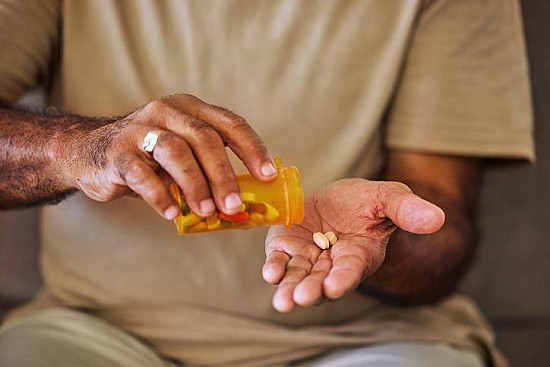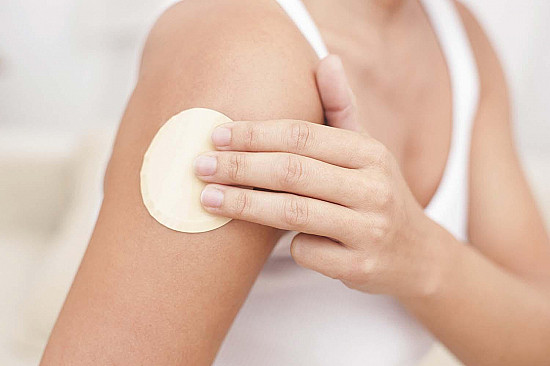Eating for pleasure easier to overdo than eating when hungry

When you polish off a piece of chocolate cake and immediately start thinking about having another, you might suspect that eating for pleasure may trigger overeating. A new study out of Italy, where they know a thing or two about good food, supports this notion.
Researchers from Naples and Salerno found that eating for enjoyment (what is called hedonic eating) activates the body’s reward system in ways that eating to satisfy hunger doesn’t, and may spur us to keep eating for pleasure. The report was published online in the Journal of Clinical Endocrinology and Metabolism.
To come to this conclusion, the research team recruited eight people between the ages of 21 and 33. First, the volunteers ate their favorite foods. A while later, they ate less tasty food with calorie and nutrition values similar to those of the treats. During the study, researchers periodically measured the subjects’ levels of ghrelin and 2-arachidonoyl glycerol (2-AG).
Ghrelin is a hormone that stimulates hunger, while 2-AG activates the same receptors in the brain that marijuana does.
“2-AG makes you crave food not because you are hungry but because it triggers the brain reward systems that make you feel good,” explains Dr. Eric Rimm, an associate professor of epidemiology and nutrition at the Harvard School of Public Health.
Researchers found that the volunteers’ levels of ghrelin and 2-AG increased as a result of pleasure eating, but not when they ate food that wasn’t as yummy. This suggests that pleasure eating activates the body’s chemical reward system, which can override the body’s signal to stop eating. This “stop eating” signal is called satiety.
The conclusion would surely explain a lot for those us of who enjoy dessert. But we can’t yet assume that the finding is the reason for having “just one more bite.”
“This is a small study, so the results are provocative but only preliminary,” cautions Dr. Helen Delichatsios, a nutrition educator and Assistant Professor of Medicine at Harvard Medical School. Still, the finding may be enough to give you pause as you reach for that sweet treat, or dolce, as the Italian researchers would say.
“Sometimes, it is just the knowledge that satiety signals are not always strong enough, so individuals should not rely on their own brains to tell when they are full,” says Dr. Rimm.
“If you do decide to eat a highly palatable food to fulfill hedonic hunger, then be mindful of portion size,” suggests Dr. Delichatsios.
But don’t feel guilty about indulging yourself every once in a while. Treats may actually have a place in your diet. Another new study even supports the idea of incorporating cake for breakfast to help you lose weight. To find out more about that, check out the June issue of the Harvard Health Letter, when we weigh in on the matter with the director of nutrition at Harvard-affiliated Brigham and Women’s Hospital.
About the Author

Heidi Godman, Executive Editor, Harvard Health Letter
Disclaimer:
As a service to our readers, Harvard Health Publishing provides access to our library of archived content. Please note the date of last review or update on all articles.
No content on this site, regardless of date, should ever be used as a substitute for direct medical advice from your doctor or other qualified clinician.















